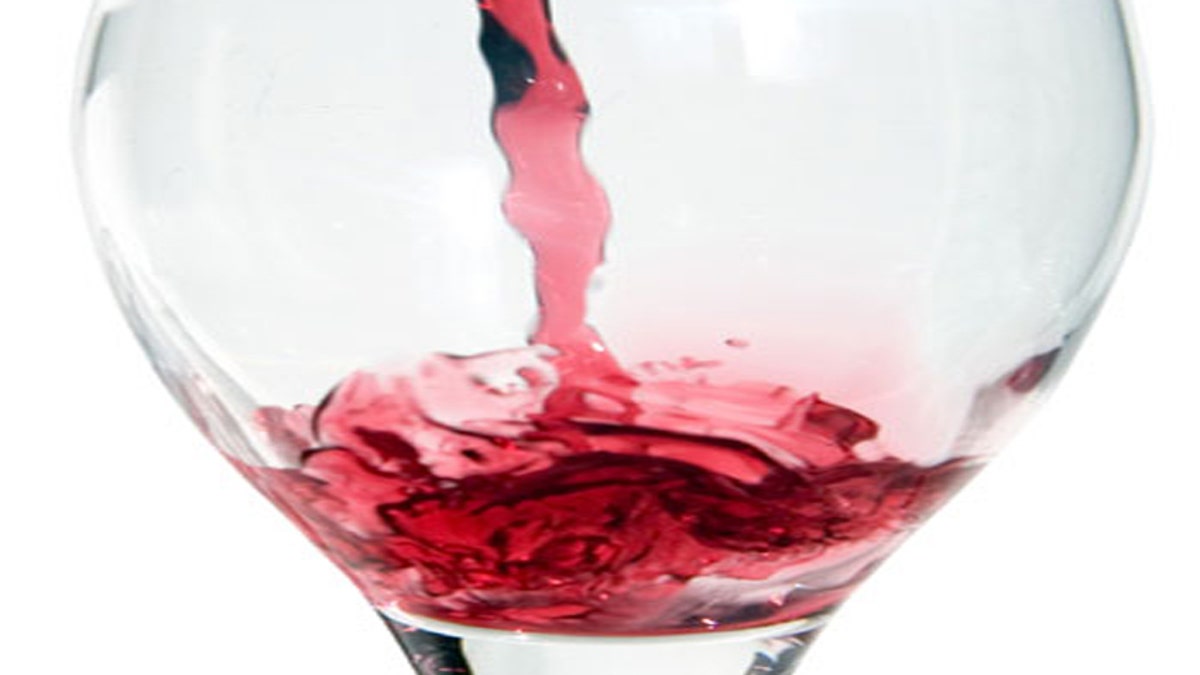
New research has found that a natural chemical found in red wine can help boost a common cancer drug’s ability to suppress breast cancer cells.
Scientists at the Cleveland Clinic's Lerner Research Institute have discovered that when the drug rapamycin is used in combination with the compound resveratrol, the drug is better able to act as a tumor suppressant against growing breast cancer cells. Some cancer cells are able to develop a resistance to rapamycin alone, but adding resveratrol to the treatment makes for an anti-tumor effect.
"Rapamycin has been used in clinical trials as a cancer treatment. Unfortunately, after a while, the cancer cells develop resistance to rapamycin," Eng said in a press release. "Our findings show that resveratrol seems to mitigate rapamycin-induced drug resistance in breast cancers, at least in the laboratory. If these observations hold true in the clinic setting, then enjoying a glass of red wine or eating a bowl of boiled peanuts – which has a higher resveratrol content than red wine – before rapamycin treatment for cancer might be a prudent approach."
Resveratrol is found in the skin of red grapes and has been considered for multiple uses regarding cellular therapies.
In all trials, the use of low concentrations of resveratrol and rapamycin together led to a 50 percent reduction in tumor growth.
Although the study is still in early stages, the data shows that the drug combination could prove to be a good adjunct treatment with traditional chemotherapy.
The findings are published in the journal Cancer Letters.
